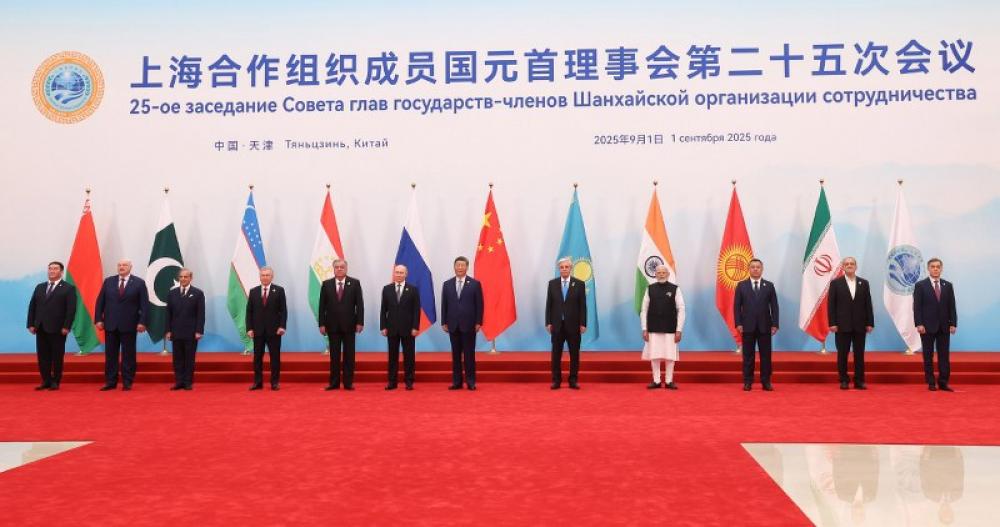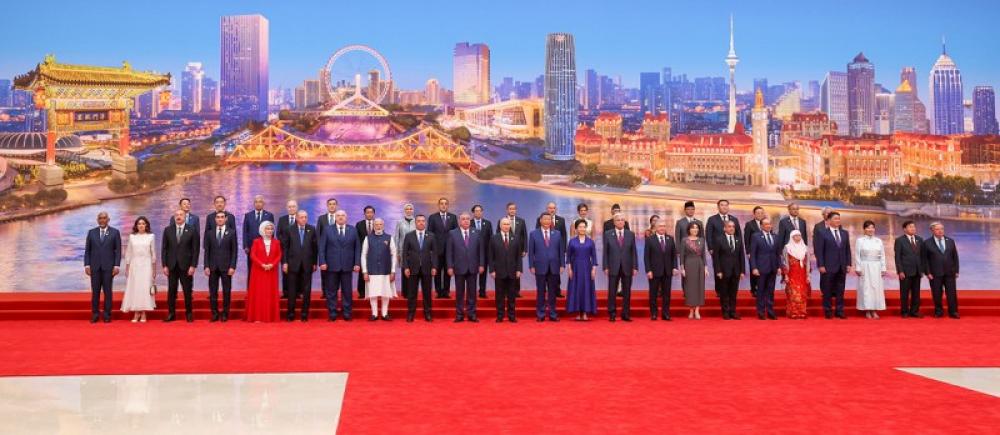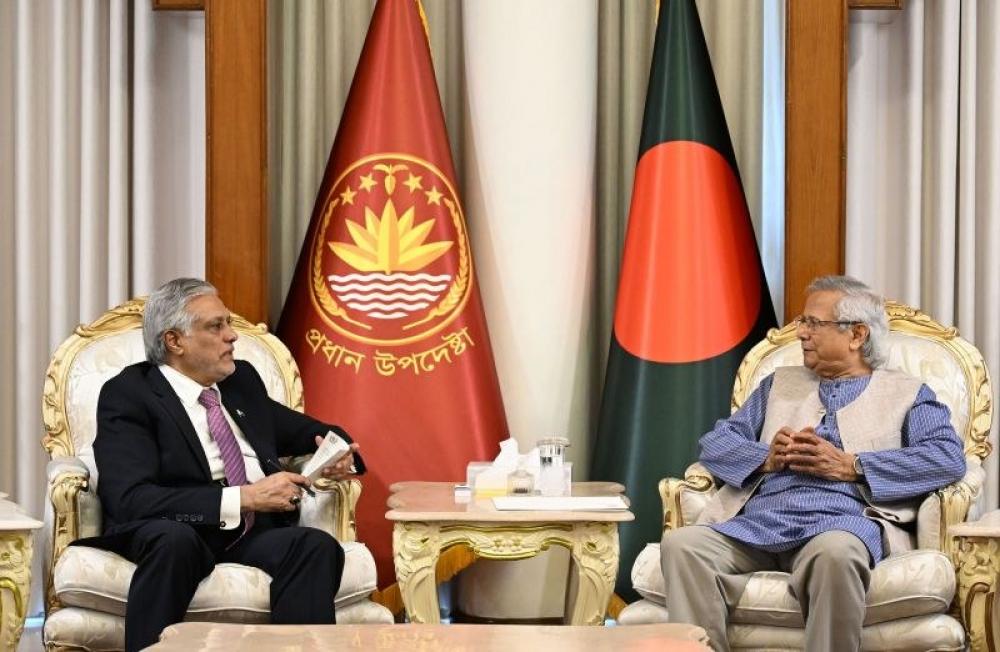Just Earth News | @justearthnews | 29 May 2025, 12:59 pm Print
-1748541552.png)
Photo: X video grab
New York: In a sharp rebuke to former President Donald Trump’s expansive trade strategy, a US federal court has blocked his administration’s global tariff regime, ruling that the emergency powers he cited do not grant authority to impose such broad levies, BBC reported.
The Court of International Trade in New York declared that the White House had overstepped its powers by using the International Emergency Economic Powers Act (IEEPA) to justify blanket tariffs on imports from nearly every country.
The three-judge panel said the Constitution vests the power to regulate foreign commerce squarely with Congress — and that this authority cannot be overridden by the president, even under emergency laws.
The ruling is a major blow to Trump's so-called "Liberation Day" tariffs, introduced in April, which placed a 10% base duty on imports from most nations, with higher tariffs aimed at dozens of countries, including traditional US allies.
The White House has moved to suspend the ruling while it files an appeal, leaving the future of the tariffs uncertain.
The court gave the administration 10 days to formally begin the process of unwinding the levies — though some have already been paused.
The decision stems from two consolidated lawsuits: one brought by the Liberty Justice Center on behalf of small importers, and another by a coalition of 12 US states, including New York.
The court also struck down a separate set of duties aimed at China, Mexico and Canada, which the Trump administration claimed were necessary due to the flow of drugs and illegal immigration.
However, tariffs on certain goods — like cars, steel and aluminium — remain intact as they were implemented under a different legal framework not challenged in this case.
Reactions divided across political lines
The ruling has sparked sharply contrasting reactions.
While Trump has yet to comment, the White House called the court's decision an overreach.
"It is not for unelected judges to decide how to properly address a national emergency," said deputy press secretary Kush Desai.
But New York Attorney General Letitia James, a key plaintiff in the case, welcomed the outcome.
"The law is clear: no president has the power to single-handedly raise taxes whenever they like," she was quoted as saying by BBC.
Markets reacted positively, with Asian and US stocks climbing in early trading Thursday, though European indices remained flat, the report said.
What’s next for Trump’s tariff agenda?
Despite the setback, analysts believe Trump could still pursue limited tariffs under other legal provisions.
The ruling noted that the president retains the authority to impose duties of up to 15% for a period of 150 days to address trade imbalances — a route the White House may now consider.
The administration could also return to laws it used during Trump’s first term, which permit tariffs on national security or unfair trade grounds.
These measures typically require investigations and public consultations, delaying immediate impact.
Economists at Goldman Sachs further noted that Trump might explore a little-used 1930 trade law that allows the president to impose tariffs of up to 50% on imports from nations that “discriminate” against the United States, said the BBC report.
Background: Sweeping tariffs sparked global concern
Trump’s broad tariff regime, announced on April 2, marked an unprecedented move to reset global trade terms.
Aimed at shielding American industries and reviving domestic manufacturing, the policy drew backlash from both adversaries and allies.
While some duties were scaled back or deferred under diplomatic pressure, key members of Trump’s economic team defended the strategy.
In court filings, Commerce Secretary Howard Lutnick and Secretary of State Marco Rubio argued that the tariffs had geopolitical benefits, including contributing to a ceasefire between India and Pakistan.
They claimed Trump's offer of increased trade helped bring both nations to the negotiating table.
"An adverse ruling that constrains presidential power in this case could lead India and Pakistan to question the validity of President Trump’s offer, threatening the security of an entire region and the lives of millions," Lutnick told the court.
The panel rejected those arguments outright, blocking the tariffs and limiting the president’s ability to unilaterally reshape global trade policy through emergency measures.
- Pakistan fires Fatah-4 missile amid tensions with India
- US shutdown begins: Republicans, Democrats blame each other over crisis
- Michigan church attack: Four dead, suspect shot dead by police
- Google doodles its first logo to mark 27th anniversary
- Trump to impose up to 100 percent tariff on pharma imports from October 1






